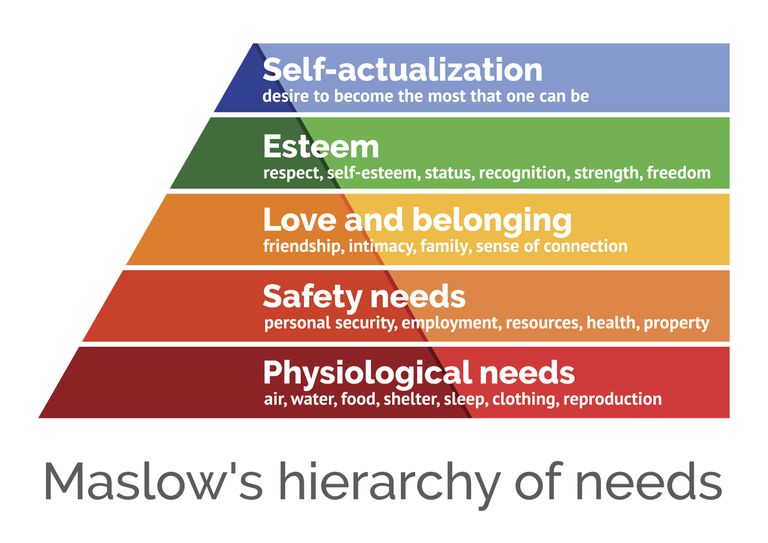|
I believe in 'Maslow'-ing the hell out of teachers so THEY can Bloom. We often tell this to teachers regarding their students, but how often do we as admin practice this with teachers? Content based PD is important, but how is the foundation that the professional development is suppose to stick to? Photo Credit
In my role, I tend to point out things, aspects, or nuances that organizations miss or need to emphasize to roll out new technologies or pedagogical practices successfully. The most commonly overlooked component in just about every organization I have experienced is in the care of teachers. I know, I know, some of you are grumbling out there, but the "us and them" polarizing needs to stop. While traveling and working with diverse districts I observe many commonalities emphasizing current educational trends. Physically there are open workspaces or some new classroom furniture, there are attempts to breed a culture of innovation and agency for students. We are emphasizing social, emotional learning in the classroom. These initiatives are important, but seriously folks, stop putting the cart before the horse. Have we first: allowed teachers to learn in dynamic, flexible manners, or are we still lecturing at every faculty meeting and PD training? Do we feed them at trainings and make their physical comfort relevant? Do we move them every 15-20 minutes to reset their minds and hold their attention? Do we provide opportunities for emotional support for them? (EAP doesn't count here, we don't tell kids to call EAP if they need help. EAP is excellent, but how do we take care of them in the first place?) Have we TRULY encouraged our teachers to take risks and innovate with new ideas, or are they so afraid of the next assessment they never venture out of the box? Do we give teachers agency and voice within the context of their schools, classrooms, and professional development days? To level this up more- is this also done for building or district level admin? No one intentionally looks past teachers; it's just that districts tend to focus solely on kids (which is our primary purpose), so we often forget that the bottleneck to innovation resides in the classroom. It's not the teachers; it's the culture, the lack of feeding the teachers in a way they will grow (teaching teachers to trust, risk, and innovate). To build a culture of innovation means that we need to develop a culture of love, respect and vulnerability. (For more on this read Daring Greatly by Brene Brown) We need more of "yes ands" rather than the "yeah buts." We need to stop focusing on what teachers are not doing and focus on what we are not doing. We can't ask them to innovate if we don't, we can't ask them to trust if we won't. I say in my trainings, "You are professionals, I trust you, you know what you are doing, you love our kids, and I am here to support you." The look of surprise is gratifying and somewhat sad. Of course, all of my work is about student-centered classrooms. Still, my methodology is colleague centered because my colleagues need to experience the same encouragement and empowerment that we seek to give students. This methodology can't be a drive-by PD; it needs to be sustained and intentional. Teachers know all about the power of providing models for kids when teaching new topics or skills. How can we possibly teach innovation to teachers without modeling it? I am incredibly fortunate. I have the opportunity to approach PD in a way that I have described above. This closely aligns with my inner compass, and I have the agency to innovate so that I also grow. I have had the opportunity to learn and grow from the #BreakThroughClassrooms experience and developing #DFInnovates and #InnovatePV cohorts watching the same metamorphosis take place. Now I am honored to be working with a whole new group of teachers who are shifting their practice and environments to amplify student agency. Not every district is as progressive or forward-thinking as the ones I have had the honor to work in, and I am sad for those teachers. Those teachers, who are told they aren't innovating enough when they have never experienced what innovative culture feels like. To have truly impactful PD we need to pay attention to the subtext, the foundation. What are we saying with our actions?
0 Comments
|
Jennifer CronkI am a technology leader, professional developer, teacher, parent and proud owner of an IEP. Let's talk about some fabulous learning experiences. Archives
November 2019
Topics
All
|
Transparently Teaching



 RSS Feed
RSS Feed
